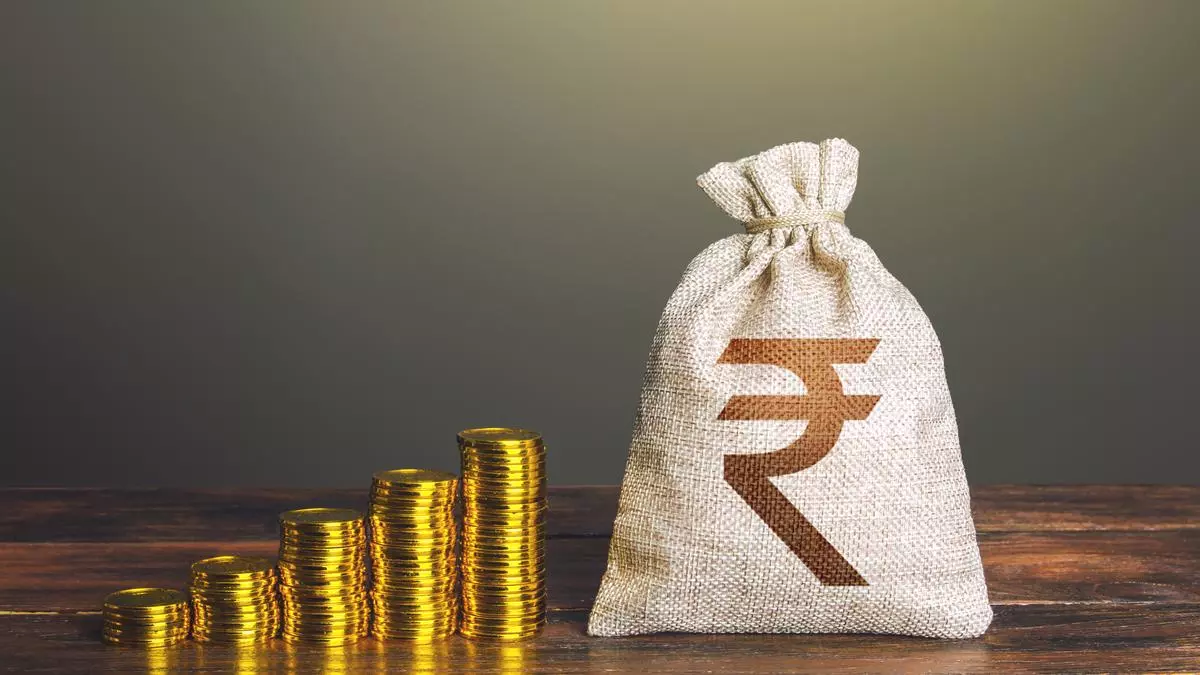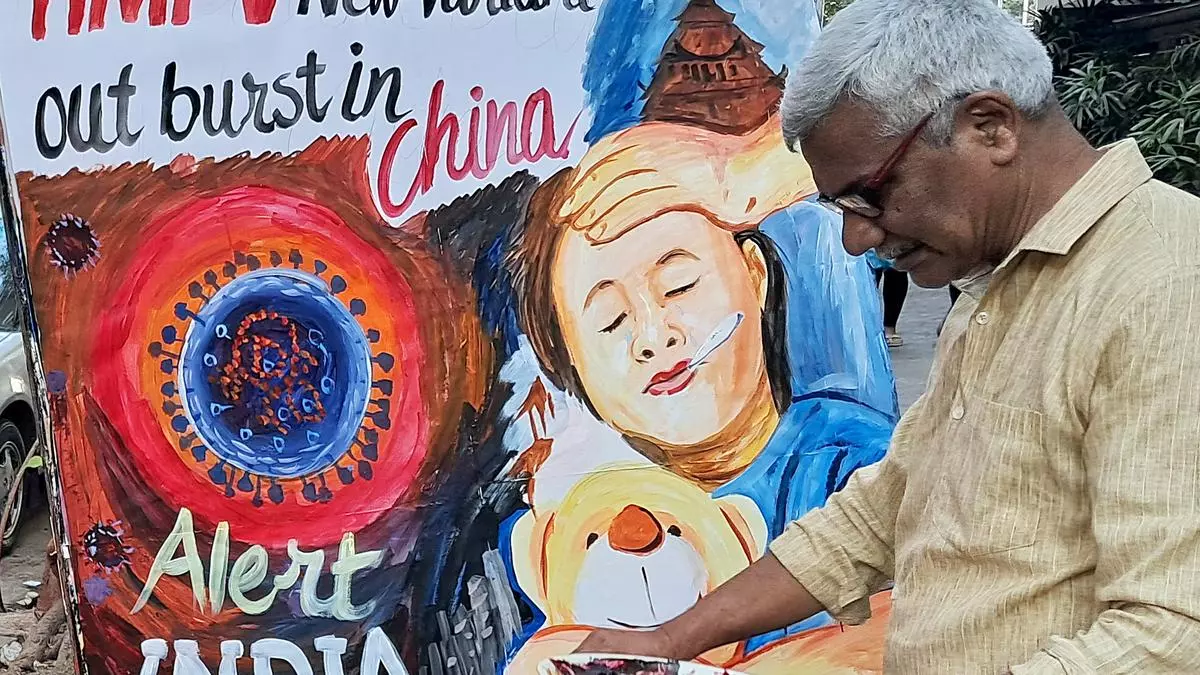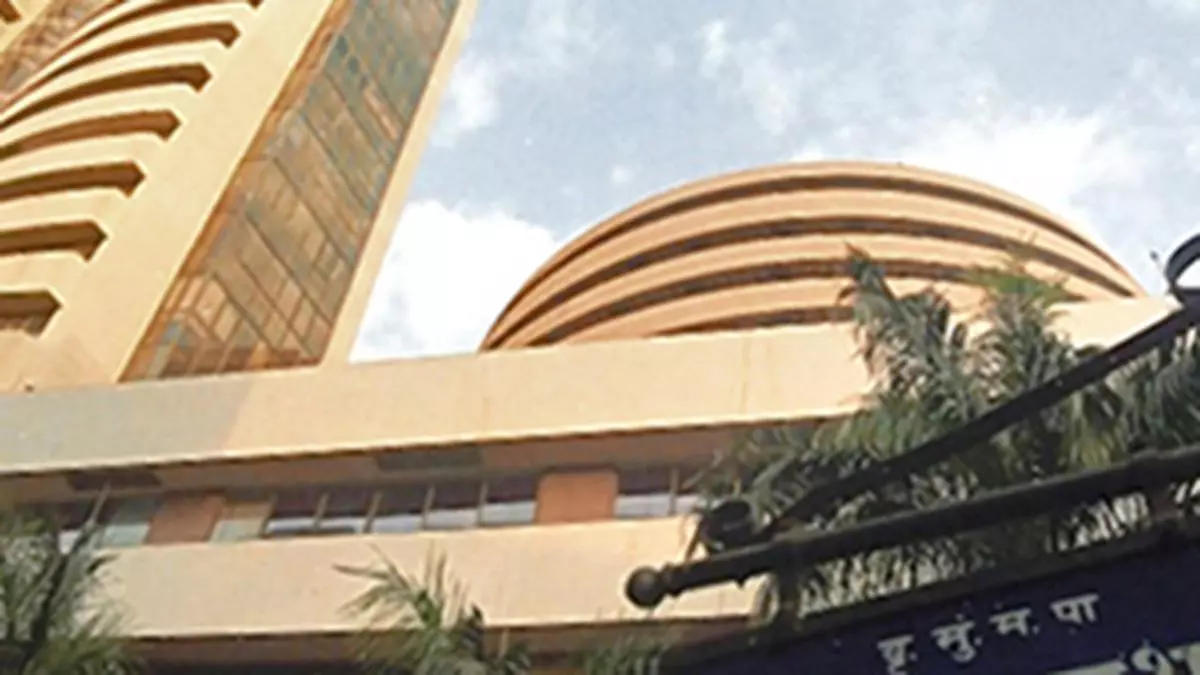The Tata group will open nine factories in the next 24 months. For the “long game” of electronics and semiconductors, the Tata group has earmarked $18billion of investments, says N Chandrasekaran, Chairman, Tata Sons.
“It’s a long game. You don’t wake up in the morning and say I am going to have a fab tomorrow morning,” he said on the opportunities in both sectors in a fireside chat with Ravi Viswanathan, Managing Director of the Chennai-based TVS Supply Chain Solutions Ltd, while participating in NIT Tiruchirapalli’s Global Alumni Meet 2025 held in Chennai on Saturday.
“We are in precision manufacturing, in semiconductors assembly and testing; and then will have a design house. Our Hosur plant should be operational in 2025 and our semiconductor fab in 2026,” he said.
To a query on his vision for Air India, Chandrasekaran said, “My commitment is to make Air India a top-class airline in the world in terms of the hardware, flight experience, customer experience, and technology,” he said. “But all of you need to help me by pushing Boeing and Airbus to deliver the planes,” he said jokingly.
On the economy, Chandrasekaran said India should be aspiring more, whether it is in materials, metals, electronics, auto, aerospace, pharmaceuticals, tourism or defence. The supply chain opportunities are humongous because the country imports everything, even the basic things. “We must shed the mindset that we will do it when somebody does it works and then when I will do it,” he said.
“I think, where we can be by the end of this decade, if you ask me, we can surprise us. I’m not saying this lightly. India should be aspiring 9-10 per cent. It is actually the mindset. Growth is there, because there is demand and there is domestic consumption. There are opportunities in export, manufacturing and services,” he said.
Earlier while giving his speech, Chandrasekaran said that there are three major trends/transformations happening globally. The first is sustainability and green transition. The single most issue for global growth and prosperity is the cost of energy. “If you ask me to pick one item and then walk over the stage, I will just say it is the cost of energy. That is the problem to be solved and will require enormous investment in innovation, new forms of energy. This has to happen this decade, the next decade and the decade after. So this is one transition,” he said.
The second is the supply chain. Whether in automotive, electronics, semiconductors or healthcare, there were huge disruptions in delay and cost. The year 2024 also saw disruption due to the Red Sea crisis, he said. Ships are getting diverted via the Cape of Good Hope in Southern Africa, he added.
The third and exciting one is artificial intelligence (AI). If 2023, showed remarkable hype or opportunity through Large Language Models (LLMs), in 2024 there were enormous opportunities with multimodal capability for the AI engines, images, audios and videos and advanced reasoning methods and tools, showing the potential opportunities for AI. The year 2025 is going to see a huge investment towards small language models. The LLMs will have a role to play and SMLMs have a deeper role to play because they consume less energy and cost less. This is going to be a phenomenal year for AI, he added.
India is probably one country, which is most uniquely placed to take advantage and be on the right side of all the three, he said.








Leave a Comment